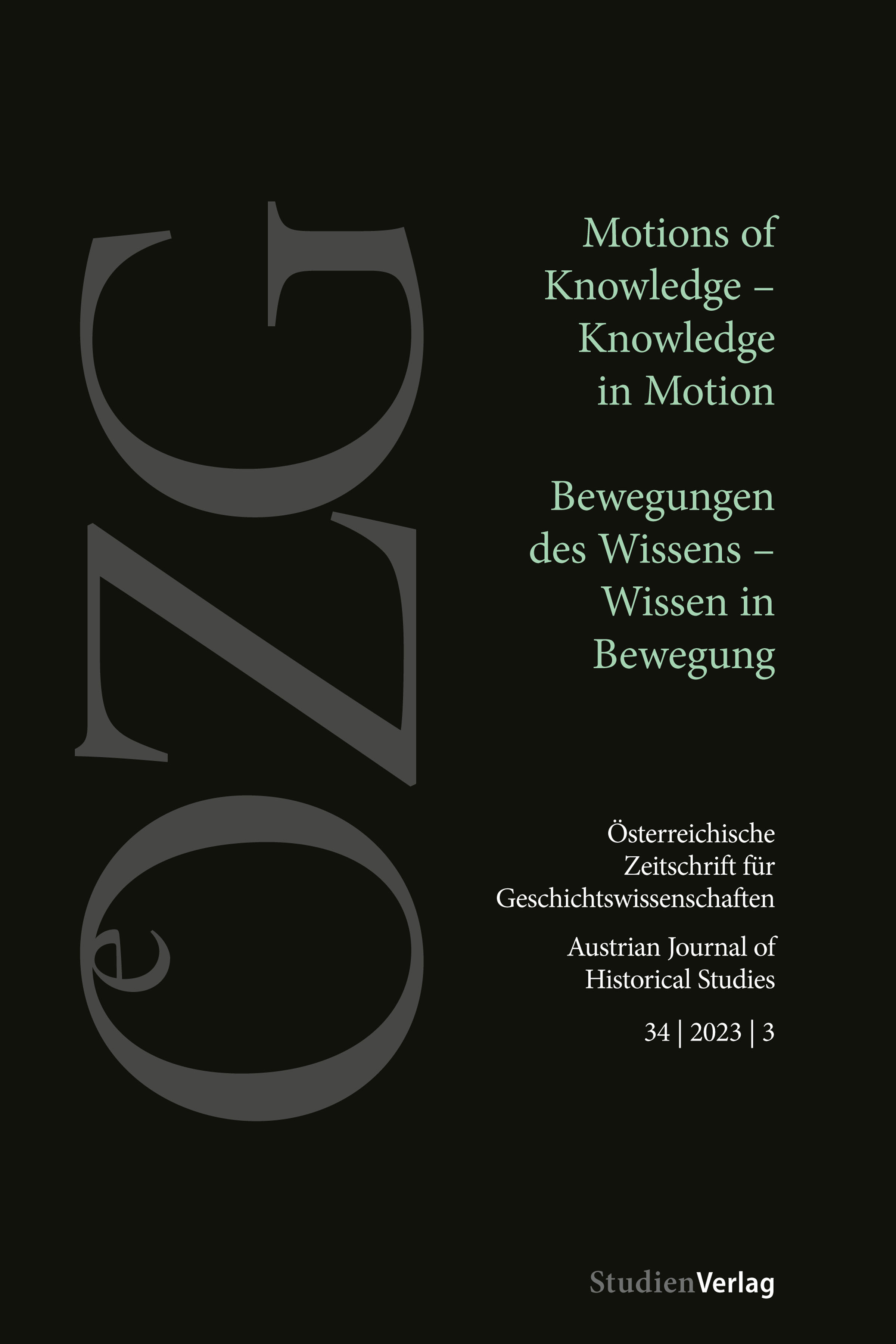Was passiert, wenn Wissen nicht zirkuliert? ‚Demokratie‘ in den Zeitschriften der österreichischen Parteijugenden (1945–1955)
DOI:
https://doi.org/10.25365/oezg-2023-34-3-9Schlagworte:
circulation of knowledge, non-circulation, post-war period, political knowledge, democratisation, party youthsAbstract
An essential part of the Western Allies’ plans for the democratisation of Austrian society was to provide Austrian youth with political knowledge in order to entrench democracy in the coming generations and thus ensure its longevity. Political youth magazines were one of the media to support this process. Along with other educational offerings, they were to facilitate the circulation of political knowledge after its initially linear transfer from the Western Allies to the Austrian population. In this article, I use the example of Austrian party youths’ magazines to reflect on the obstacles to the transfer or circulation of political knowledge as envisaged by the Western Allies. Based on the analysis of selected issues of these magazines between 1945 and 1955 and of the metaphorical concepts used in them, I discuss what circulated when the intended political knowledge about democracy did not. I conclude that in the political magazines and the writings of party youths traditional party ideologies merged with democratic rhetoric, resulting in the circulation of competing concepts of democracy.
Downloads
Veröffentlicht
Zitationsvorschlag
Ausgabe
Rubrik
Lizenz
Copyright (c) 2023 Österreichische Zeitschrift für Geschichtswissenschaften

Dieses Werk steht unter der Lizenz Creative Commons Namensnennung 4.0 International.


